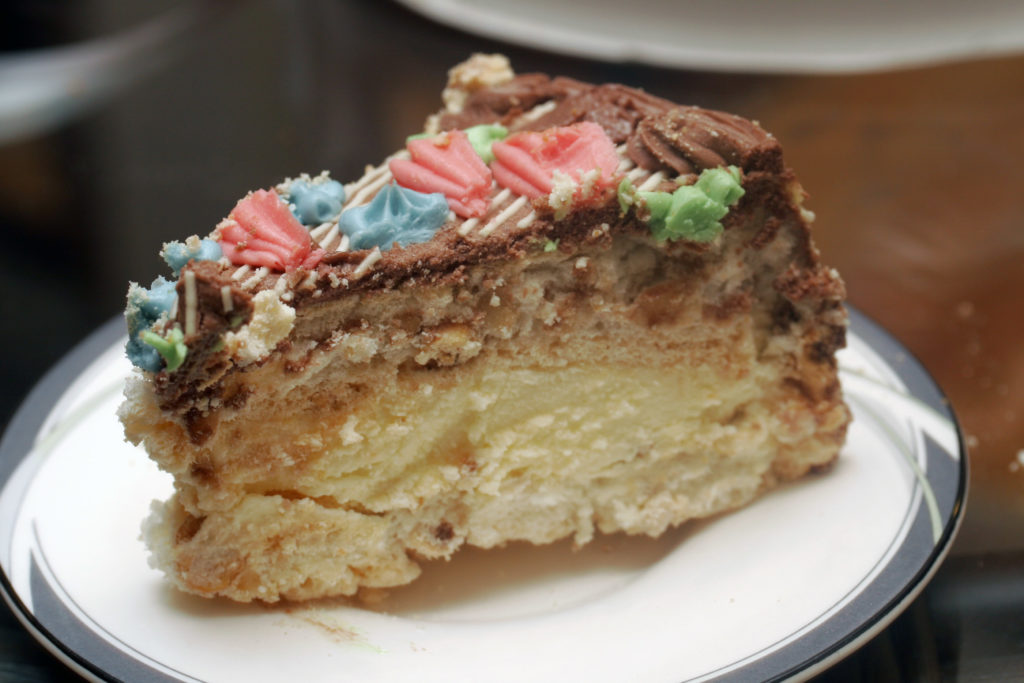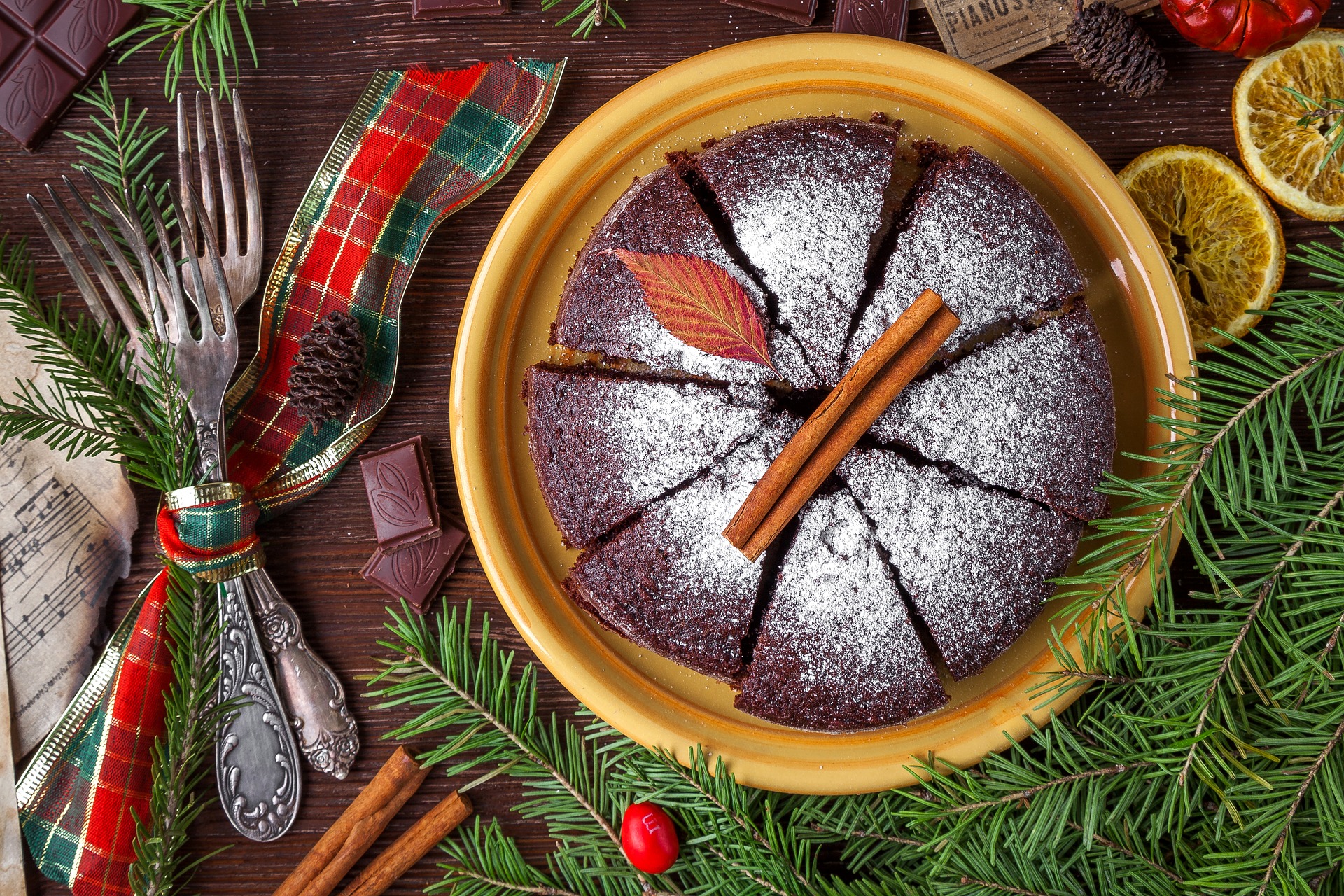Dr Alysa Levene of Oxford Brookes University on the development of the popular baked food from the Ancient World to the 20th Century
Subscribe to All About History now for amazing savings!

Cake is one of the most beloved treats in the world. It’s hugely adaptable and made from recipes of a variety of ingredients and methods. Often served as a celebratory dish on ceremonial occasions, cake’s influence is far-reaching and this is deeply rooted in history. Unlike other sweet foodstuffs like chocolate, cake has a past that stretches back for millennia.
One person who has extensively studied the development of this popular delicacy is Dr Alysa Levene. The author of Cake: A Slice of History, she reveals the development of cake from antiquity through its rapid evolution in the 18th Century to the Second World War. It’s a story of myths, rituals, technology and, of course, mass consumption.
How important has cake been throughout human history?
I think that’s a really interesting question. Cake really isn’t important at all nutritionally, but symbolically it seems to have had an enormous importance. For so much of human history people barely had enough to eat, so cake was either impossible to achieve or just the last priority on their minds. However, the idea of something that was sweet, special and something that’s more than just a snack seemed to be important. It was, and is, a rallying point for communities, social functions and family occasions. Therefore, it was even more important than I thought when I started conceiving the idea of the book.
What do we know about some of the earliest examples of cakes from the Ancient World and what they looked like?
There’s a big distinction to be made between things that were called “cakes” but were really cakes of bread, and things that were “special”. If we’re thinking about things that were a bit enriched or sweetened, i.e. doing something more than filling the belly, then we have evidence from the Ancient Egyptian era. People were then making cakes for lots of different purposes. They served specific functions such as for feasting,
parts of religious rites or given to nourish people in the afterlife.
Cake really isn’t important at all nutritionally, but symbolically it seems to have had an enormous importance
Alysa Levene, author of Cake: A Slice of History, published by Headline Publishing
After them, the Classical civilisations were much more advanced in food terms and had an amazingly imaginative array of celebratory cakes, while in much of Europe there was nothing. It was still poorly ground grains that were baked on a hearthstone and weren’t sweet at all. So when the Romans occupied Britain there was more of that rich heritage, which was totally lost again when they left. The native cake heritage of lots of places in Europe didn’t have the wherewithal to bring that into their diets for a long time afterwards.

When did cake become the recognisable sweet food that we know today?
There wasn’t a huge amount of change until a whole lot of things came together in the 18th Century. There was an improvement in milling technology, when flour got more refined. People then further realised the leavening power of eggs. Before then, when a cake was heavy and contained so much dense fruit, you could beat the eggs for as long as you wanted and it still wasn’t going to rise very much. The combination of moving away from those heavy cakes and having lighter flour meant that eggs could puff up more.
The development of oven technology meant that more people could have ovens in their homes, which then meant they could bake. This all came together at the same time along with the increase in sugar in the 18th Century. It needed all of those things to create what we think of as a cake. Clearly, there was a different cake tradition before that but in the 18th Century it becomes this lighter, whiter, more refined thing that we think of today.
The 18th Century was also a time when social events were created where cake was eaten. This includes the introduction of tea, domestic tea parties and the showing off of consumption and all the objects that make teatime such an event. Cake was one part of that where some people had time for leisure and spent it on fripperies.
Banner image: Image by Дарья Яковлева from Pixabay
Read our full interview with Alysa Levene in All About History 85, available now

